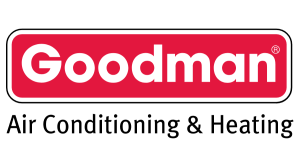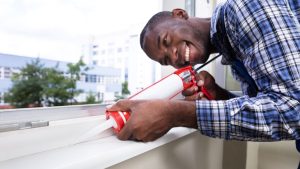Deciding between HVAC repair and replacement depends on several factors including the age of the system, the extent of the problem, energy efficiency, and cost considerations.
Here are some points to consider for both options:
COST
Repairing an HVAC system is usually less expensive upfront compared to replacement. If the issue is minor and can be fixed easily, repair might be the most cost-effective solution.
Energy Efficiency
Older HVAC systems tend to be less energy efficient. While repairs can temporarily fix issues, they may not address underlying efficiency problems. In some cases, investing in a newer, more efficient system through replacement can lead to long-term savings on energy bills.
Comfort and Reliability
A well-maintained HVAC system should provide reliable heating and cooling. If repairs can restore comfort and reliability, it might be worth considering. However, frequent breakdowns and inconsistent performance may indicate the need for replacement.
Cost Considerations
While replacement involves a higher upfront cost compared to repairs, it’s important to consider the long-term costs. Factor in potential energy savings, reduced repair and maintenance expenses, and any available rebates or incentives for installing energy-efficient equipment.
System Age
If your HVAC system is relatively new and the problem is minor, repairing it can extend its lifespan. However, if the system is nearing the end of its lifespan, replacement might be more practical in the long run.
Extent of Damage
The severity of the problem plays a crucial role in determining whether repair is feasible. If the damage is extensive or if multiple components are failing, replacement might be the better option.
Age of System
If your HVAC system is more than 10-15 years old, it may be approaching the end of its lifespan. In such cases, replacing it with a newer, more efficient model can be a wise investment, as newer systems often come with improved technology and energy efficiency.
Comfort and Performance
A new HVAC system can enhance indoor comfort by providing more consistent heating and cooling, improved air quality, and better humidity control. If your current system struggles to maintain comfort levels, replacement may be the solution.
Warranty
New HVAC systems typically come with warranties that cover parts and labor for a certain period. This can provide peace of mind and protection against unexpected repair costs.
Ultimately, the decision between HVAC repair and replacement depends on your specific circumstances, budget, and preferences. It’s often helpful to consult with a qualified HVAC professional who can assess your system and provide personalized recommendations based on your needs.



